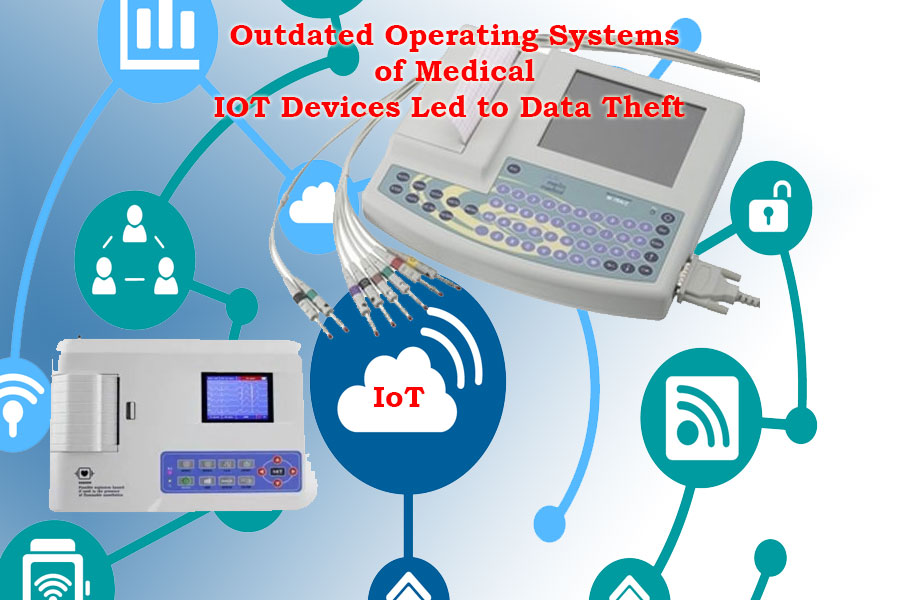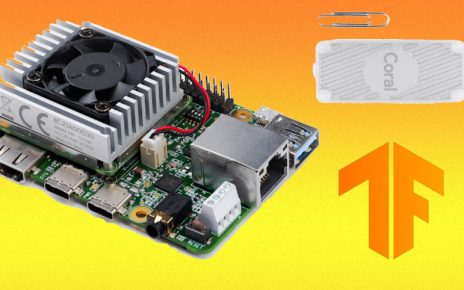While IOT or Internet of Things devices is continuing to make inroads in the field of healthcare, they are always vulnerable to cyber attacks and security threats. This concern finally now has a basis as recently the outdated operating systems of Medical IoT (IoMT) devices become exposed to cyber attacks. While in the multi-trillion dollar healthcare industry all major players are looking for new ways to gather a diverse range of medical data for competitive advantage, such security threats can be alarming for the patients and healthcare administrators.
There are several recent researchers that recently supported this claim. For example, research firm CheckPoint Research recently found that an ultrasound machine that runs on older generation Windows 2000 operating system is considered to be highly vulnerable to leakage of data or other types of malware attacks. According to the research, any operating system that doesn’t receive security updates or patches on a regular basis is vulnerable to such threats.
According to the findings of the researchers, their effort to infiltrate the device by exploiting one security vulnerability became successful and they could not only download the patient records stored within the device but also could make edits on the data and replace the data at will. With further effort, they even could manage to infect the entire device with ransomware. The findings came as a big example of how most of the medical devices running on older operating systems are vulnerable to security breaches, malware and cyber threats of all types. The research findings came as an important alert to the medical establishments looking forwards to integrating Medical IOT devices in their healthcare systems.
When in last year the UK Department of Health and Social Care came with the call of transitioning all National Health Service (NHS) computer systems to latest Windows 10 operating systems, it was welcomed by the medical fraternity as just months before the announcement all NHS trusts were hit by a malware called WannaCry. The cyber attack resulted in the cancellation of nearly 7,000 medical appointments including several appointments requiring critical care. Around the same time, the IT systems of Singapore’s Ministry of Health (MOH) faced also the cyber attack and the medical data of nearly 1.5 million citizens were stolen overnight.
As the IOT devices offer a more useful connected ecosystem resulting in efficient and proactive healthcare for patients, they will continue to grow in popularity. But this influx of connected devices will also cause increased security threats and vulnerabilities. This is why the researchers at Check Point pointed out that just simple security patches and updates are far from adequate to ensure optimum security for these devices responsible to handle tons of patient data. The IOT devices need more secure operating systems equipped with advanced encryption and network segmentation to prevent all threats right at their budding state. According to the researchers, medical facilities and their IT stuff also need to be well trained with all types of security threats and the measures for tackling them effectively.
18,339 total views, 7 views today



